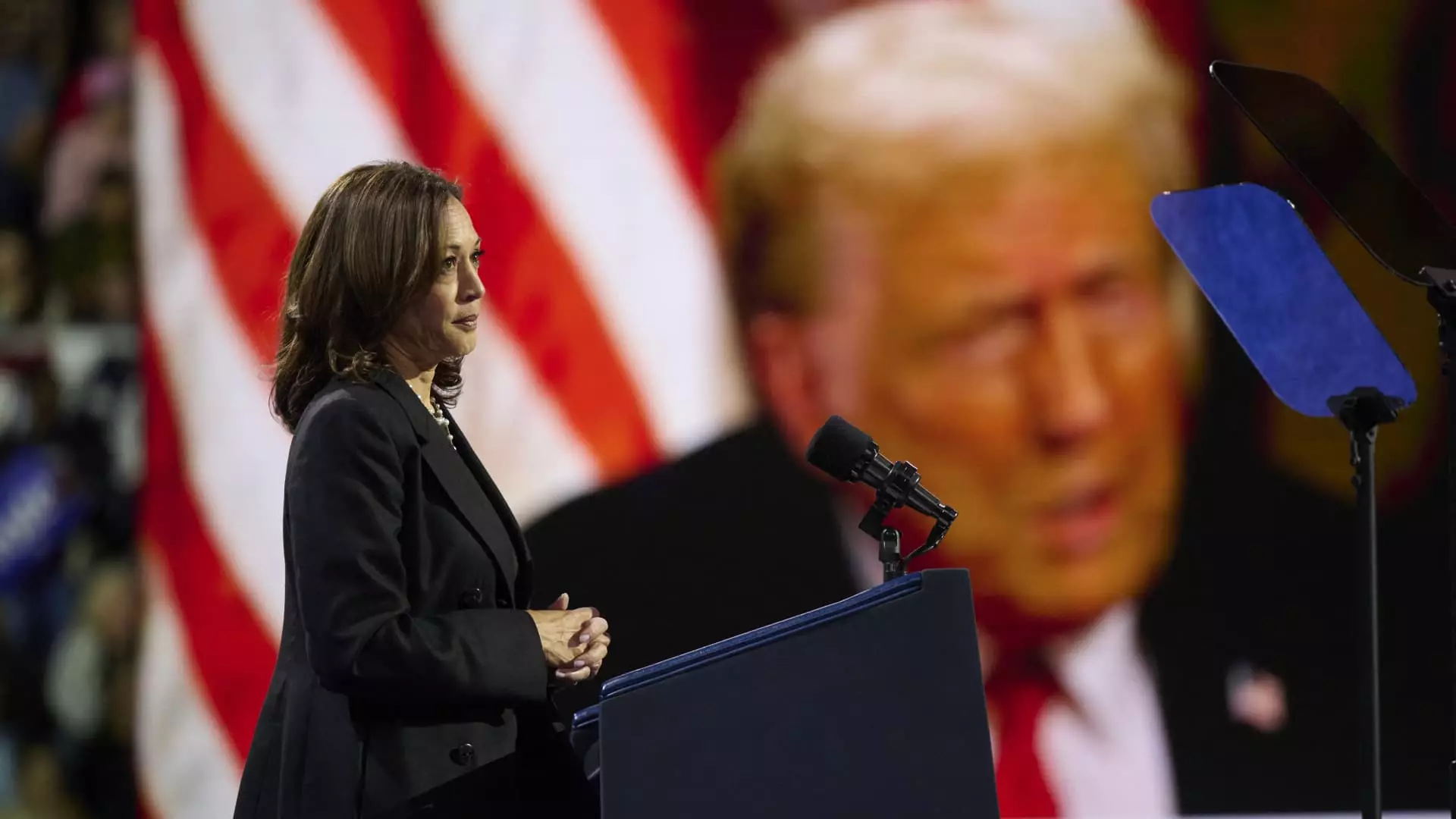As the political landscape evolves and elections are on the horizon, political betting markets increasingly capture public attention. These platforms enable individuals to wager on the outcomes of various political events, creating a unique intersection between finance and politics. Recent developments surrounding Polymarket, a leading political betting platform, have sparked rigorous debates about the reliability of such markets in predicting electoral outcomes, particularly around the figure of former President Donald Trump and the upcoming 2024 presidential election.
A considerable influx of funds towards Trump’s candidacy on Polymarket has led to questions about the legitimacy of these bets. Reports indicate that four accounts—collectively investing over $28 million in Trump’s success—are actually controlled by a single trader, drawing scrutiny to a potentially manipulative betting strategy. A spokesperson from Polymarket identified this trader as a French national with significant trading expertise. The fact that these accounts are linked to a centralized crypto exchange, possibly Kraken, has raised additional flags regarding market manipulation and the ethical implications of such concentrated betting power.
Despite initial concerns, Polymarket has undertaken an investigation to ensure the integrity of its platform. Collaborating with the investigations firm Nardello & Company, Polymarket affirmed that no evidence has surfaced indicating market manipulation. This reassures participants, but also invites a closer examination of the dynamics at play within political betting.
One of the most crucial aspects of the current political gambling climate is the notable disparity between odds on betting platforms like Polymarket and conventional polling results. While many of Trump’s supporters perceive the widening odds gap with his opposing candidate, Vice President Kamala Harris, as indicative of his increased support, national polls suggest a far more competitive race. It is essential to recognize that, unlike traditional polling which gauges public opinion, betting markets reflect the subjective views of participants and their willingness to stake money on specific outcomes.
Elon Musk, a prominent figure advocating for Trump, has claimed that political betting markets offer enhanced accuracy compared to polls, arguing that financial stakes motivate bettors to act rationally. However, this assertion glosses over the nuances of polling methodologies and the potential influence of betting biases, thereby presenting a misleading narrative about the predictive power of markets.
The recent scrutiny surrounding Polymarket also underscores the evolving regulatory landscape for political betting in the United States. Following a settlement with the Commodity Futures Trading Commission (CFTC) in 2022, Polymarket became off-limits to U.S. traders. This has driven interest towards alternative betting platforms such as Kalshi and Interactive Brokers, which attempt to fill the void left by Polymarket, despite ongoing disputes over their legality.
As the political betting landscape shifts, it remains to be seen how these platforms will adapt to regulatory challenges while satisfying the appetite of bettors eager to engage with election outcomes. The new contracts introduced by Kalshi following favorable judicial rulings highlight a potential resurgence of political betting—an area that many financial analysts will be monitoring closely as the election cycle unfolds.
The complexities surrounding political betting markets reveal both the innovative nature of financial speculation in politics and the inherent risks involved. While significant investments can enhance the visibility of candidates, the dynamic between these markets and real-world polling must remain a point of focus for both bettors and analysts. Misconceptions about the relationship between political betting outcomes and electoral predictions can lead to misinformed strategies and misguided public perceptions. As we move closer to the 2024 election, navigating these turbulent waters will require a careful understanding of the influences shaping these betting markets, ensuring that participants and observers alike approach them with both skepticism and insight.



Leave a Reply